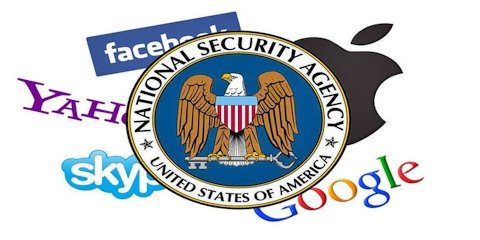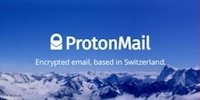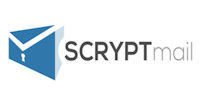Regain your privacy with encrypted e-mail

After having watched my introduction post do poorly (exactly as I suspected it would), I thought that I may as well continue the theme and introduce a few more people to encrypted e-mail and talk about why it should be used in lieu of the big, free services like Google, Yahoo, AOL, Apple, and Microsoft.
Primarily, it should be obvious to anyone that free e-mail is not really free. Since when can any company survive without making profit? Yes, on the surface it seems that the big-5 are gracious, benevolent companies who, simply through their philanthropic nature, want all of us to have access to this modern marvel that we call electronic-mail.
A marginally deeper investigation, however, will reveal that the true reason these accounts are doled out without charge is so that, through their client's acquiescence to the seldom read "Terms of Service Agreement", said clients' messages and attachments can be scanned, read, and stored in perpetuum. In other words, you and your data are the product that they are getting with only the cost of maintaining data centers with computation power great enough to service the client base. In short, in return for not paying, you are agreeing to provide these companies with every aspect of your personal communication.
This is true not only with the big-5 e-mail providers but the same can be said for nearly every free electronic "service" available today. This would include Facebook, Skype (owned by Microsoft), WhatsApp (owned by Facebook), and Twitter, to name but a few of the more popular.
The bigger question here now becomes: "What exactly are they doing with all that personal data?"
Well, there is the obvious: selling your profile to advertisers. This explains why you might see advertisements in your browser relating to a search or email inquiry that you recently completed. Other more nefarious uses include selling your sensitive and private information to political campaigns. As an added bonus, using Microsoft or Yahoo accounts will result in not only that data but your online activity also being proffered.
Then, through the revelations made by Edward Snowden, we learned that the NSA has had (and probably still has) direct access to email accounts and user profiles hosted by these companies. This begs the question: "Are societies whom are spied upon by their governments free societies?" Once the general populace is made aware of the intrusiveness and accepts it without much concern, how can free and unfettered speech survive when it is known that everything you write and/or say can be retrieved and used against you if the need arises?
Of course, quite a few people will say that they have nothing to hide, that they are not breaking the law, and who cares if they watch/listen? To them I quote Mr Snowden: "Arguing that you don't care about the right to privacy because you have nothing to hide is no different than saying you don't care about free speech because you have nothing to say."
So, what can one do to quell this tide of big corporate/government snooping? One thing that has gotten much simpler since 2013 is encrypted e-mail. Prior, if one had any inclination towards private e-mail it was necessary to setup an email account, install and use PGP by publishing keys to be used in decoding the messages, and convince those to whom you wished to communicate to use the system as well. Suffice it to say that setting up your own account with PGP is not for the technically challenged and for that reason it's adoption rate was and is woefully small.
Enter 2016 and one can find several companies catering to those of us who desire to close the window on the Orwellian eye. Among them are my three favorites: Protonmail, Tutanota, and Scryptmail. Each has on online presence easily found by searching for their name through a search engine (searx.me is my new favorite). Each offers free basic accounts and the ability to upgrade for more storage, more addresses, filters, using your own domain, etc...
Yes, it is true that you have to pay in order to obtain service equal to that one may be accustomed to with the big-5. However, what is it worth to you to safeguard your privacy?
Take a look at each service, review their offerings, and take the plunge. I have been using all three for at least a year (being in on the secondary beta testing of Protonmail) and I can say that each has benefits and drawbacks. In an upcoming post I'll try to present the pluses and minuses of each service as I see them...a quasi review, if you will.
If you use or know of any other encrypted e-mail providers please feel free to mention them in the comments.
Sources:
https://www.theguardian.com/technology/2014/mar/21/yahoo-google-and-apple-claim-right-to-read-user-emails
https://www.rt.com/usa/yahoo-microsoft-campaign-political-862/


